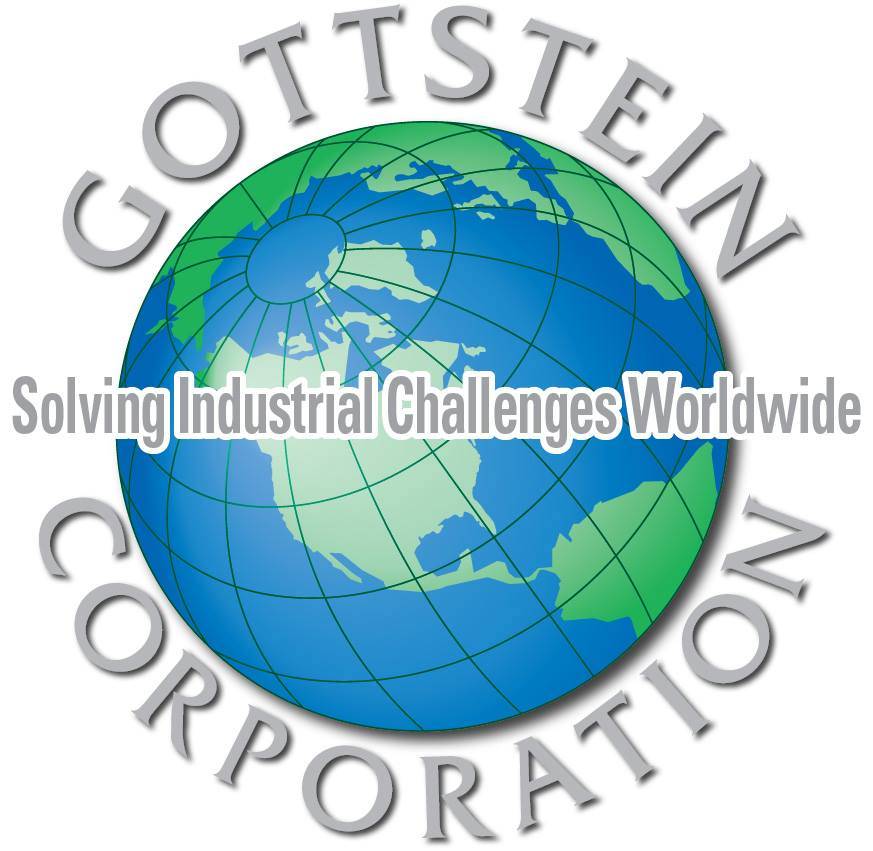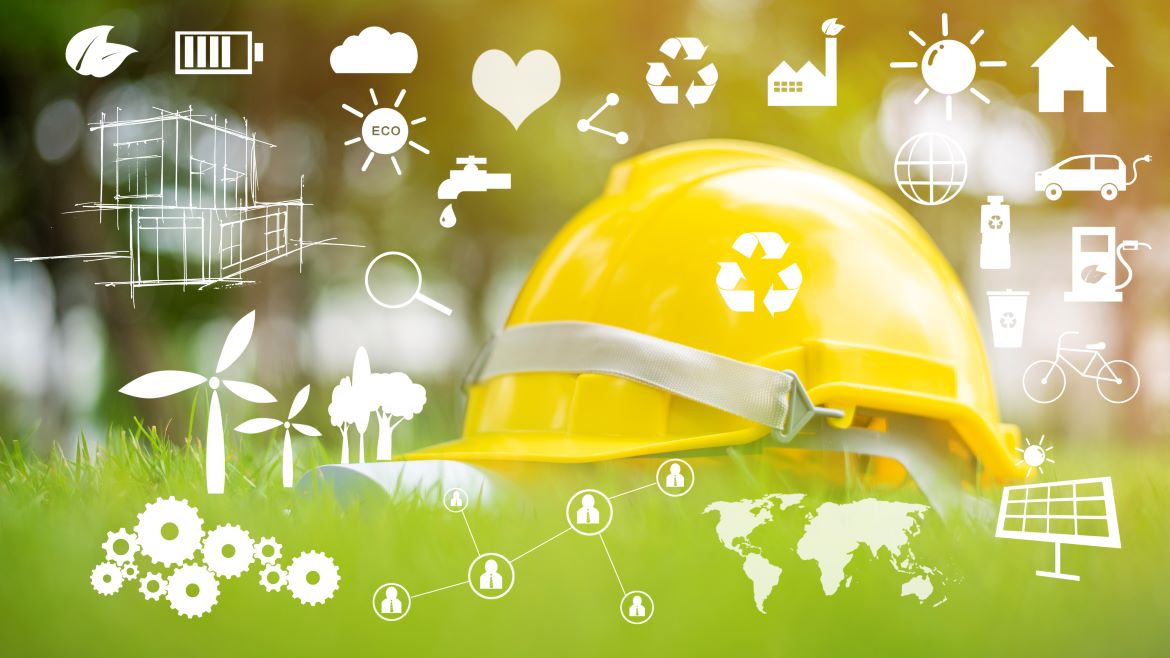Industrial construction is essential in our modern world, as it shapes the infrastructure that fuels economies and societies. Yet, this progress frequently exacts an environmental toll. Confronting the imminent challenges of climate change and the depletion of natural resources highlights the urgency of adopting environmentally sustainable practices within the industry. In this blog, we’ll delve into the significance of environmental sustainability in industrial construction, examining the strategies and innovations that are propelling positive change within the sector. The Impact of Industrial Construction on the Environment.
Industrial construction encompasses a wide range of projects, including factories, power plants, warehouses, and more. These projects often have substantial environmental impacts, such as:
1. Resource Consumption: The construction industry is one of the largest consumers of raw materials, water, and energy. It generates significant waste, including construction debris and pollution.
2. Emissions: Industrial construction activities contribute to greenhouse gas emissions, primarily through the use of heavy machinery, transportation, and energy consumption.
3. Habitat Disruption: Large-scale construction can disrupt natural habitats, leading to habitat loss and endangerment of local wildlife.
4. Water Pollution: Runoff from construction sites can carry pollutants into nearby water bodies, impacting aquatic ecosystems.
The Need for Sustainable Practices
To address these environmental challenges, the industrial construction sector must embrace sustainable practices. Sustainability in this context means meeting the current needs for infrastructure and development without compromising the ability of future generations to meet their own needs.
Benefits of Environmental Sustainability in Industrial Construction
1. Reduced Environmental Impact: Sustainable construction practices minimize the use of resources, energy consumption, and waste generation, reducing the industry’s ecological footprint.
2. Cost Savings: Sustainable buildings and processes often result in reduced operational and maintenance costs, offering financial benefits in the long term.
3. Compliance and Reputation: Companies that prioritize sustainability demonstrate their commitment to environmental responsibility, which can lead to better compliance with regulations and improved reputation.
4. Innovation: Pursuing sustainability fosters innovation in the construction industry, leading to the development of new technologies and materials.

Strategies for Environmental Sustainability in Industrial Construction
1. Green Building Certification: Seek certifications like LEED (Leadership in Energy and Environmental Design) or BREEAM (Building Research Establishment Environmental Assessment Method) to ensure that industrial buildings meet stringent sustainability standards.
2. Energy Efficiency: Design industrial structures with energy-efficient systems, such as LED lighting, high-efficiency HVAC systems, and well-insulated building envelopes.
3. Renewable Energy: Incorporate renewable energy sources like solar panels or wind turbines to power industrial facilities.
4. Waste Reduction: Implement waste management plans to minimize construction waste and recycle or repurpose materials whenever possible.
5. Water Conservation: Install water-saving fixtures and implement rainwater harvesting systems to reduce water consumption.
6. Sustainable Materials: Opt for sustainable building materials, including those made from recycled or locally sourced resources, to reduce the environmental impact of construction.
7. Transportation Management: Minimize the environmental impact of transportation by optimizing routes and promoting the use of electric or hybrid vehicles.
8. Adaptive Design: Consider the long-term impacts of climate change and design industrial facilities that can adapt to changing conditions.
Innovations Driving Sustainability
1. Prefabrication and Modular Construction: These methods reduce on-site waste, minimize construction time, and improve resource efficiency.
2. Smart Building Technologies: Implementing IoT (Internet of Things) and sensor technologies allows for more precise control of energy consumption and better maintenance planning.
3. Green Roofing: Green roofs offer insulation, reduce the urban heat island effect, and provide natural habitats for wildlife.
4. Advanced Materials: Innovations like carbon-neutral concrete and sustainable insulation materials contribute to greener construction practices.
Environmental sustainability in industrial construction is both an ethical imperative and a practical necessity. Embracing sustainable practices allows the industry to simultaneously reduce its ecological footprint, cut operational costs, and express a dedication to a more promising future. With the continuous progress of technology and innovation, the sector possesses the means to construct a sustainable legacy for future generations.
Gottstein Corporation is deeply committed to sustainability. Explore their services to see it in action.
Should you have any questions regarding this post or the mentioned services, please submit your query below.

